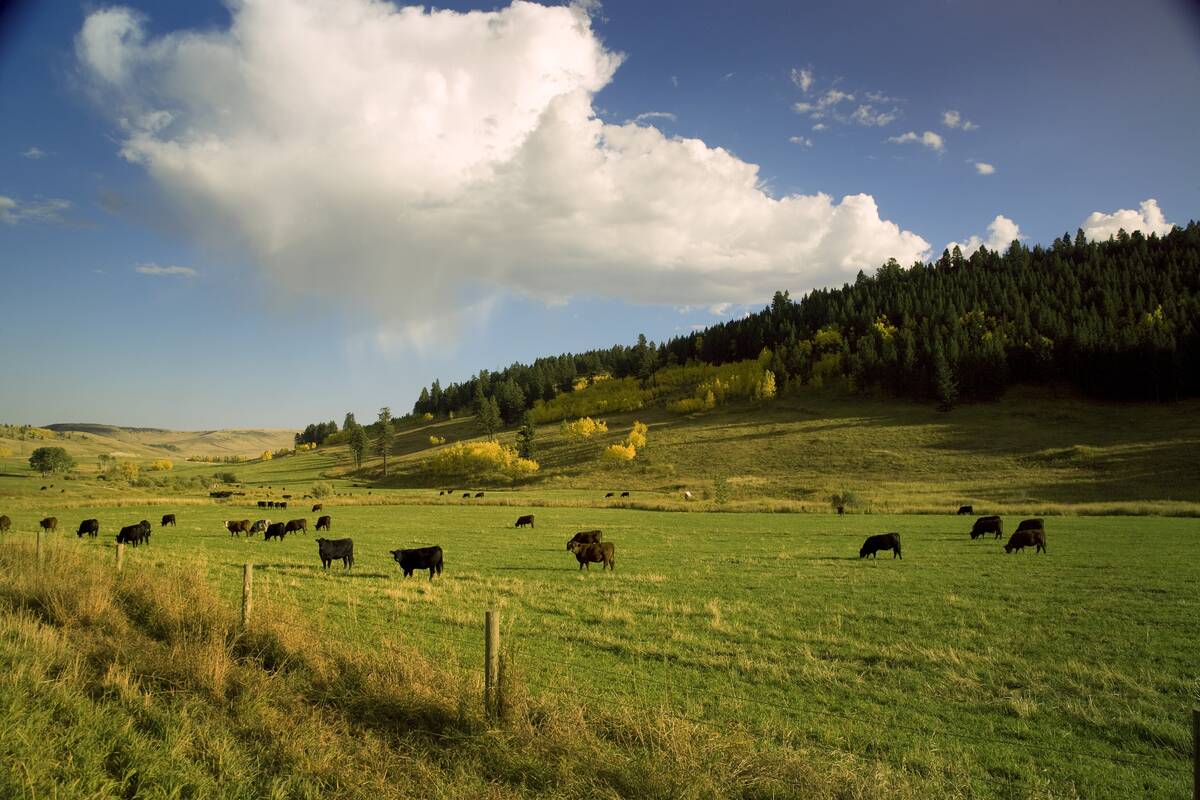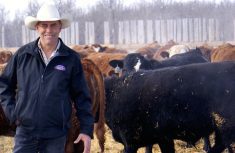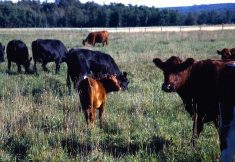The focus of the Canadian Cattlemen’s Association (CCA) was firmly fixed on trade liberalization throughout September. Renewed activity on the North American Free Trade Agreement (NAFTA) renegotiations arrived just ahead of the return of Canadian Parliament following summer break, and the sitting of the fall session where it’s widely expected the Government of Canada will move swiftly to ratify the Comprehensive and Progressive Agreement for Trans-Pacific Partnership (CPTPP). Canada must be among the first six countries to ratify the landmark CPTPP if Canada’s beef and red meat and agricultural sectors are to have a leg up on competitors. The Government of Canada has given the right signals that it understands the importance of Canada being one of the first six to ratify.
Read Also

The Canadian Cattle Association’s international advocacy efforts
Global ag policies affect Canadian food policy, so the Canadian Cattle Association participates in international and domestic forums
- Read more: Outrage, acceptance greet son of NAFTA
The tremendous promise of the CPTPP has been a steadying influence during the turbulence of the latest NAFTA renegotiations led by the U.S. Additionally, calf prices are strong and supply-demand pulls are reason for optimism for Canadian producers. Despite the dry conditions and rising feed costs, Canadian producers continue to sell cattle into a market that exceeds expectations.
Ongoing uncertainties aside, the CCA and other red meat groups continue to press for improvements through the NAFTA renegotiation on regulatory issues, advocating for a “meat annex” of provisions to remove burdens and smooth trade.
CCA director of government and international relations, John Masswohl, travelled to Washington, D.C., in early September to monitor the NAFTA negotiations. Along with CCA’s Washington-based legal counsel, Masswohl met with a number of long-time key contacts and interacted with other stakeholders and the Canadian media, who seemed to have taken up semi-permanent residence outside the U.S. Trade Representative’s (USTR) building.
Negotiators appeared to be focussed on getting a deal done, with Canada’s Foreign Affairs Minister Chrystia Freeland and USTR’s Robert Lighthizer holding a number of meetings with a few senior officials accompanying them.
Minister Freeland usually had Canada’s chief negotiator, a lawyer and the ambassador in the meeting with her. She was also accompanied by two senior staff from the Prime Minister’s Office. We understand they discussed the full range of issues, including agriculture. As I write this column, there is a general sense that the process is constructive, and Minister Freeland has said as much. Overall, CCA is cautiously optimistic that there will be a trilateral deal including Canada, once a Canada-U.S. “handshake” occurs, then Mexico will rejoin for negotiations to continue trilaterally.
Later in September, I participated in the International Beef Alliance (IBA) annual conference and tour. Canada hosted the annual conference again this year (the IBA was held in Banff, Alta., in 2012). In addition to a meeting of the IBA leadership in Vancouver and business meetings in Calgary, participants were exposed to beef operations in British Columbia and Alberta. My wife Bonnie and I were pleased to host one of these visits at our family ranch and demonstrate how we raise cattle in B.C.
While cattle production methods may vary throughout the world, the producer organization members of the IBA are likeminded in many important ways, including on the concept of trade liberalization. The IBA, which represents producers from countries that account for 46 per cent of global beef cattle production and 63 per cent of global beef exports, remains supportive of the CPTPP and looks forward to a future when all IBA member countries might participate in the CPTPP. The CPTPP will start to come into force once six of the 11 signatories complete their domestic ratification procedures.
Trade is the lifeblood of the Canadian beef industry; however, it must be supported by a solid regulatory and policy framework to ensure the long-term competitiveness of the industry. The CCA continues efforts to advance areas of Canada’s business risk management (BRM). At CCA’s semi-annual meeting in August, CCA’s domestic agriculture policy and regulations committee had a featured panel focusing on the path forward for Canada’s BRM review.
Since being agreed upon in July 2017, federal, provincial and territorial governments have initiated a BRM review to assess programs’ effectiveness and influence on growth and innovation. An expert team made up of producers, academics and global experts was established in late 2017 to evaluate BRM programming in Canada and made recommendations to ministers in July 2018. These recommendations included:
- Developing risk management tools to cover gaps in the current BRM suite.
- Explore approaches to address challenges with AgriStability.
- Examine approaches to improve program equity.
- Improving education on risk management.
- Maintaining AgriInvest.
- Modernizing premium setting for AgriInsurance.
- Continued work of the panel and active engagement with farmers.
The CCA committee panel, comprised of producers and government officials, discussed these recommendations and BRM more generally. The producers highlighted how they manage risk on their own operations and how they utilize different tools within the government’s BRM suite. Discussions about specific program changes made under the Canadian Agricultural Partnership including changes to AgriStability’s reference margin limit were also had. Ongoing research and development intended to bring improvements to pasture and forage insurance was raised as well as expanding price insurance beyond Western Canada. These are key areas CCA hopes to advance while engaging in the BRM review in the upcoming year.
Until next time.
















